2019 Prius offered with new electric all-wheel drive system
Green Car Congress
NOVEMBER 28, 2018
Toyota is offering a new electric all-wheel drive system (AWD-e) on the facelifted 2019 Prius. Toyota projects fuel economy of 52 mpg city / 48 mpg highway / 50 mpg combined for the AWD-e model, and estimates that the AWD-e model—which is debuting at the LA Auto Show—could account for as much as 25% of annual US Prius sales.


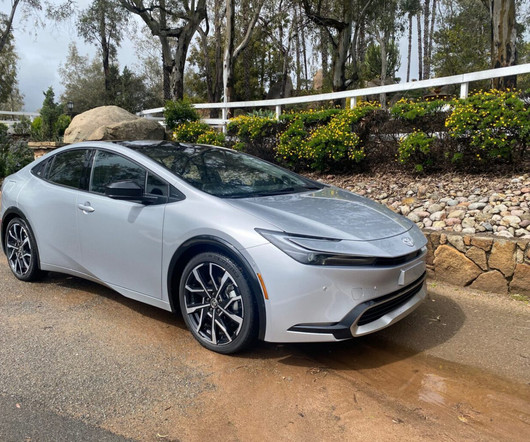






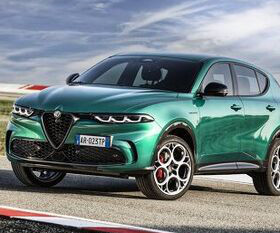


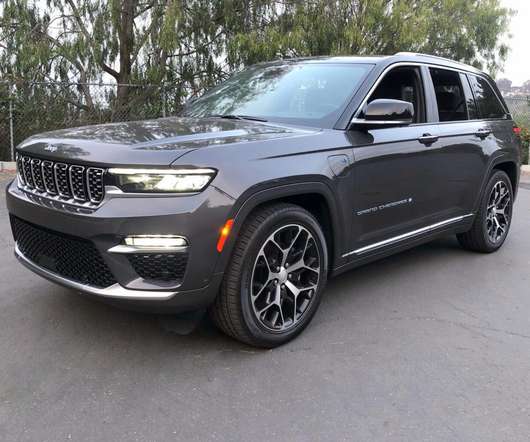
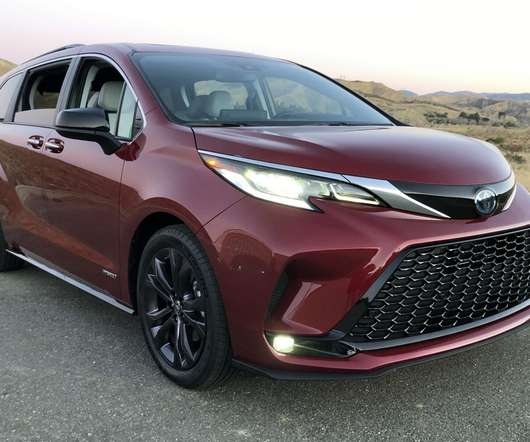






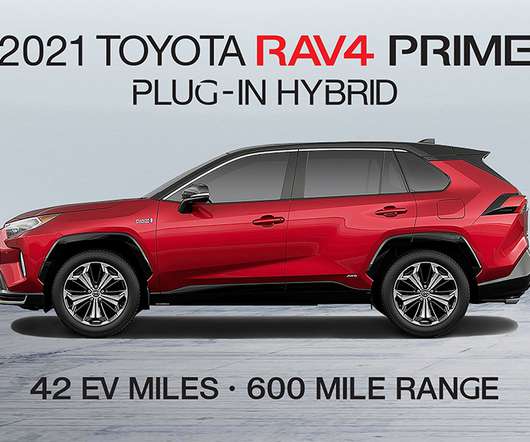











Let's personalize your content